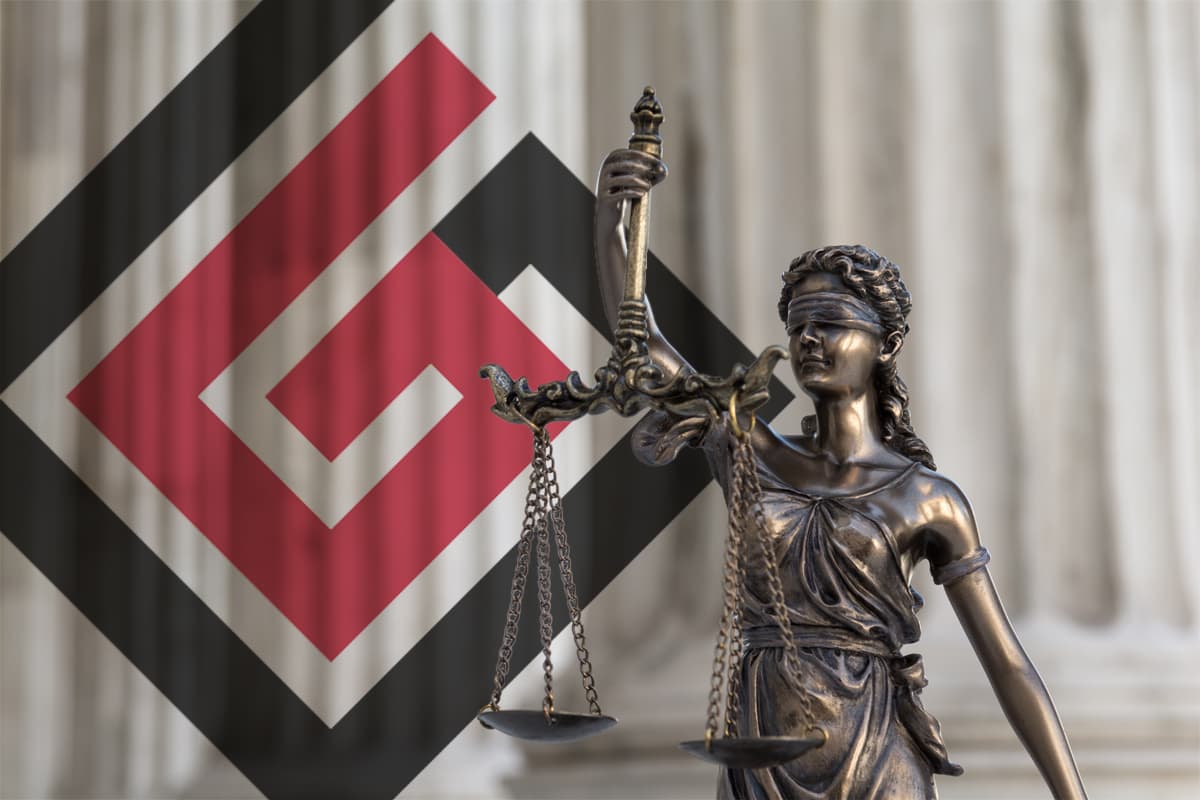Case Name:
In Re PNB Holding Co. Shareholders Litigation
Case Conclusion:
August 2006
Caption:
Delaware Court of Chancery, Consolidated C.A. No. 28-N
Keywords:
Appraisal Action; Fair Value; Entire Fairness; Fiduciary Duties
Industry:
Commercial Banking
Professionals:
David G. Clarke, ASA and Michael J. Mattson
PNB Holding Company (PNB) was a bank holding company that owned central Illinois-based Pontiac National Bank. In February 2003, the Board of Directors of PNB approved a proposal to convert the company to a Subchapter-S corporation for federal income tax reporting. The key benefit of converting was a reduction in income taxes, but in order to qualify for the Subchapter-S designation, the company had to reduce the number of its shareholders from 360 to no more than 75. In order to achieve this reduction in the number of shareholders, the conversion proposal stipulated that those who did not own at least 2,000 of the approximately 629,000 shares outstanding, and were not one of the largest 68 stockholders, would be cashed out of their shares.
Relying on a $40.74 per share valuation/fairness opinion prepared by its financial advisor, PNB’s Board of Directors set the cash-out price at $41.00 per share. While the conversion was approved by a majority of PNB’s shareholders in April 2003, other shareholders dissented and petitioned the Delaware Court of Chancery to determine the fair value of their shares through an appraisal action. In addition, certain of those who were cashed out in the merger sought equitable relief (i.e., a payment equal to the difference between the merger price and the fair value of PNB). During the trial, opposing experts provided testimony regarding the fair value of PNB’s common shares.
The valuation expert for the respondent/defendants estimated the fair value of PNB to be $40 per share, based on a discounted cash flow (DCF) analysis, a comparable public company analysis, and a comparable transactions analysis. On behalf of the plaintiffs/petitioners, Griffing Group Managing Principal David G. Clarke, ASA, submitted an expert report and testified at deposition and trial, opining that the fair value of PNB was $61 per share. Mr. Clarke also relied on the DCF, comparable public company, and comparable transactions analyses.
Vice Chancellor Leo E. Strine, Jr. relied on the DCF analysis to determine PNB’s fair value, which method both experts agreed was the best given the facts and circumstances of the case. The Court rejected the methodology employed by the expert for the respondent/defendants, which valued the company on the basis of the dividends a minority shareholder could expect to receive; in essence, a minority interest-level valuation that was impermissible under Delaware law. Instead, the Court adopted the DCF framework used by Mr. Clarke (calling him the “more reliable expert”) that measured the dividend-paying capacity of the company; that is, measuring all of the company’s free cash flows on controlling basis. The Court ruled that the appropriate discount rate to use in determining the present value of the company’s free cash flows was 12%, closer to the 11.5% calculated by Mr. Clarke than the 14% proffered by the opposing expert. The Court concluded that the fair value of PNB was $52.34 per share, significantly higher than the transaction price of $41 per share and the $40 per share concluded by the expert for the respondent/defendants.
David G. Clarke, ASA was assisted by Michael J. Mattson. The plaintiffs were represented by Ronald A. Brown, Jr. and Bruce E. Jameson of Prickett, Jones & Elliott, P.A.; and Arthur T. Susman, John R. Wylie, Matthew T. Heffner, and Matthew Hurst of Susman, Watkins & Wylie, LLP.



